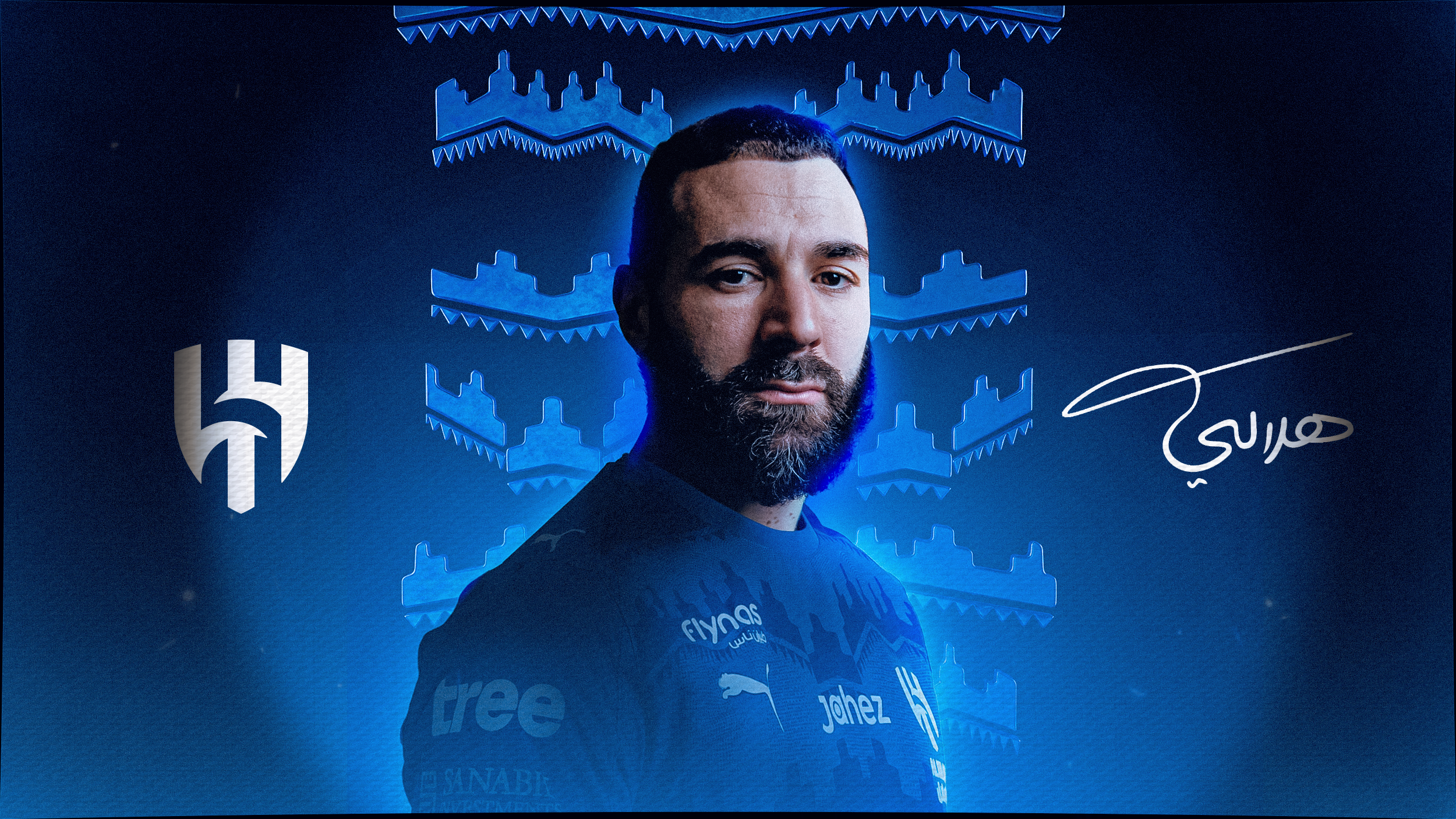
Will Arsenal Break Their European Curse?
In the 1980s, Liverpool’s dominant team had a motto they often repeated after lifting a trophy—and occasionally when they didn’t: “First is first, and second is nowhere.” Mikel Arteta might do well to hang those words in the Arsenal dressing room as a reminder that football doesn’t remember the “nearly men.” As Arsenal prepare to face Paris Saint-Germain in Tuesday’s Champions League semifinal first leg at the Emirates, the stakes couldn’t be clearer. On one side lies the potential for European glory; on the other, the risk of reinforcing the narrative that Arteta’s side falters when it matters most. Will Arsenal finally cross the finish line first, or once again fall short? Liverpool earned the right to adopt that mantra. During the ’80s, they claimed seven league titles, four League Cups, two FA Cups, and a European Cup. With that kind of dominance, they could afford to dismiss second place. But even the great teams stumble before they soar—something Liverpool experienced again during Jürgen Klopp’s early years. They finished as runners-up in four competitions before finally winning the Champions League in 2019, which opened the floodgates to further success, including a long-awaited Premier League title. For Arsenal under Arteta, the wait for a defining triumph continues. The 2019–20 FA Cup win over Chelsea was a bright moment, but only Kieran Tierney remains from that starting lineup—and he is set to leave the club after falling out of favour. Bukayo Saka, then just 18 and an unused substitute in that final, is now one of the team’s leaders. Yet for most of this squad, the taste of silverware remains elusive. No one can deny the transformation Arteta has overseen. Arsenal have gone from also-rans to genuine contenders in all competitions. But unless that progress culminates in tangible success, questions will persist. A third straight season finishing second in the Premier League—now a distinct possibility—would be another step forward on paper, but also another missed opportunity. Notably, Arsenal have drawn seven league games in 2025—equal to Liverpool’s total. The emphatic 5–1 aggregate win over Real Madrid in the Champions League quarterfinals was a statement, but it must be followed by more than just plaudits. As Arteta recently told AS, “The dream is to win… We’ve made so many steps. It’s time to win. In the end, judgment is normal. This is Arsenal. People expect us to deliver.” Since the legendary “Invincibles” season of 2003–04, Arsenal have won just four trophies—all FA Cups—while their rivals have surged ahead. Manchester City (19), Chelsea (18), Manchester United (15), and Liverpool (10) have far outpaced them. Arsenal’s near misses since Arteta’s arrival—semifinal defeats in the Europa League and League Cup, and back-to-back collapses in Premier League title races—highlight that winning isn’t just about quality on the pitch. It’s also about mentality. Teams like Klopp’s Liverpool and Ferguson’s Manchester United had to overcome failure before establishing themselves as serial winners. But others never made that leap. Mauricio Pochettino’s Spurs, for instance, dazzled with talent but ultimately delivered nothing. Arsenal now face the same fork in the road. With talents like Saka, Declan Rice, William Saliba, and Martin Ødegaard, Arsenal should win something soon. But until they do, that old Liverpool saying will remain painfully relevant: First is first. Second is nowhere.

